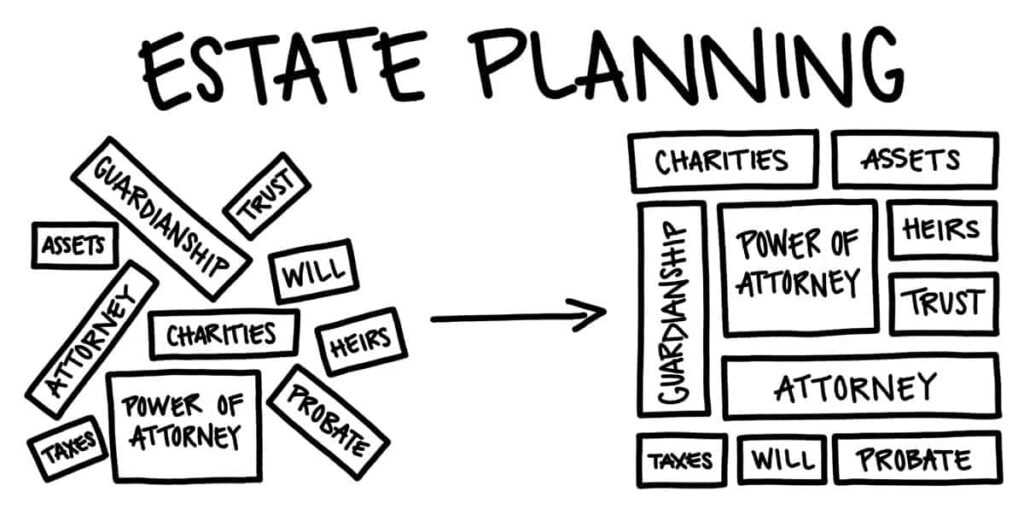As with any important purchase, it is always a good idea to talk with friends, neighbors, and your local area agency on aging to learn more about the home health care agencies in your community.
In looking for a home health care agency, the following 20 questions can be used to help guide your search:
1. How long has the agency been serving this community?
2. Does the agency have any printed brochures describing the services it offers and how much they cost? If so, get one.
3. Is the agency an approved Medicare provider?
4. Is the quality of care certified by a national accrediting body such as the Joint Commission for the Accreditation of Healthcare Organizations?
5. Does the agency have a current license to practice (if required in the state where you live)?
6. Does the agency offer seniors a “Patients’ Bill of Rights” that describes the rights and responsibilities of both the agency and the senior being cared for?
7. Does the agency write a plan of care for the patient (with input from the patient, his or her doctor and family), and update the plan as necessary?
8. Does the care plan outline the patient’s course of treatment, describing the specific tasks to be performed by each caregiver?
9. How closely do supervisors oversee care to ensure quality?
10. Will agency caregivers keep family members informed about the kind of care their loved one is getting?
11. Are agency staff members available around the clock, seven days a week, if necessary?
12. Does the agency have a nursing supervisor available to provide on-call assistance 24 hours a day?
13. How does the agency ensure patient confidentiality?
14. How are agency caregivers hired and trained?
15. What is the procedure for resolving problems when they occur, and who can I call with questions or complaints?
16. How does the agency handle billing?
17. Is there a sliding fee schedule based on ability to pay, and is financial assistance available to pay for services?
18. Will the agency provide a list of references for its caregivers?
19. Who does the agency call if the home health care worker cannot come when scheduled?
20. What type of employee screening is done?
More About the Screening Process
When purchasing home health care directly from an individual provider (instead of through an agency), it is even more important to screen the person thoroughly. This should include an interview with the home health caregiver to make sure that he or she is qualified for the job. You should request references. Also, prepare for the interview by making a list if any special needs the senior might have.
For example, you would want to note whether the elderly patient needs help getting into or out of a wheelchair. Clearly, if this is the case, the home health caregiver must be able to provide that assistance. The screening process will go easier if you have a better idea of what you are looking for first. Another thing to remember is that it always helps to look ahead, anticipate changing needs, and have a backup plan for special situations. Since every employee occasionally needs time off (or a vacation), it is unrealistic to assume that one home health care worker will always be around to provide care. Seniors or family members who hire home health workers directly may want to consider interviewing a second part-time or on-call person who can be available when the primary caregiver cannot be. Calling an agency for temporary respite care also may help to solve this problem.
In any event, whether you arrange for home health care through an agency or hire an independent home health care aide on an individual basis, it helps to spend some time preparing for the person who will be doing the work. Ideally, you could spend a day with him or her, before the job formally begins, to discuss what will be involved in the daily routine. If nothing else, tell the home health care provider (both verbally and in writing) the following things that he or she should know about the senior:
* Illnesses/injuries, and signs of an emergency medical situation
* Likes and dislikes
* Medications, and how and when they should be taken
* Need for dentures, eyeglasses, canes, walkers, etc.
* Possible behavior problems and how best to deal with them
* Problems getting around (in or out of a wheelchair, for example, or trouble walking)
* Special diets or nutritional needs
* Therapeutic exercises
* In addition, you should give the home health care provider more information about:
* Clothing the senior may need (if/when it gets too hot or too cold)
* How you can be contacted (and who else should be contacted in an emergency)
* How to find and use medical supplies and medications
* When to lock up the apartment/house and where to find the keys
* Where to find food, cooking utensils, and serving items
* Where to find cleaning supplies
* Where to find light bulbs and flash lights, and where the fuse box is located (in case of a power failure)
* Where to find the washer, dryer, and other household appliances (as well as instructions for how to use them)
A Word of Caution …
Although most states require that home health care agencies perform criminal background checks on their workers and carefully screen job applicants for these positions, the actual regulations will vary depending on where you live. Therefore, before contacting a home health care agency, you may want to call your local area agency on aging or department of public health to learn what laws apply in your state.
How Can I Pay for Home Health Care?
The cost of home health care varies across states and within states. In addition, costs will fluctuate depending on the type of health care professional required. Home care services can be paid for directly by the patient and his or her family members, or through a variety of public and private sources. Sources for home health care funding include Medicare, Medicaid, the Older Americans Act, the Veterans’ Administration, and private insurance. Medicare is the largest single payer of home care services.
For More Information
AoA recognizes the importance of making information readily available to consumers, professionals, researchers, and students. Our website provides information for and about older persons, their families, and professionals involved in aging programs and services. For more information about AoA, please contact: US Dept of Health and Human Services, Administration on Aging, Washington, DC 20201; phone (202) 619-0724; fax (202) 357-3523; Email: [email protected] or contact our website at www.aoa.gov.
Medicare and Home Health Care
The Medicare program will pay for home health care if all of the following conditions are met:
1. The patient must be homebound and under a doctor’s care
2. The patient must need skilled nursing care, or occupational, physical, or speech therapy, on at least an intermittent basis (that is, regularly but not continuously)
3. The services provided must be under a doctor’s supervision and performed as part of a home health care plan written specifically for that patient
4. The patient must be eligible for the Medicare program and the services ordered must be “medically reasonable and necessary”
5. The home health care agency providing the services must be certified by the Medicare program.
6. To get help with your Medicare questions, call 1-800-MEDICARE (1-800-633-4227, TTY/TDD: 1-877-486-2048 for the speech and hearing impaired) or look on the Internet at: http://www.medicare.gov/.
Learn more About Home Health Care
There are several national organizations that can provide additional consumer information about home health care services. These include the following:
The National Association for Home Care www.nahc.org
The Visiting Nurse Associations of America www.vnaa.org
The Eldercare Locator www.eldercare.gov
To find out more about home health care programs where you live, you will want to contact your local aging information and assistance provider or area agency on aging (AAA). The Eldercare Locator, a public service of the Administration on Aging at 1-800-677-1116 to help connect you to these agencies.
Source: U.S. Department of Health and Human Services Administration on Aging, www.aoa.gov







